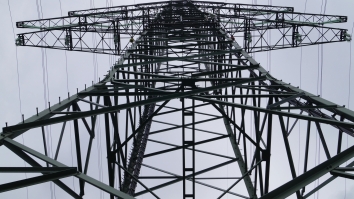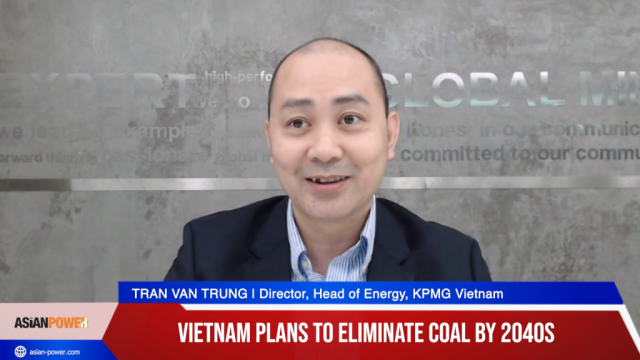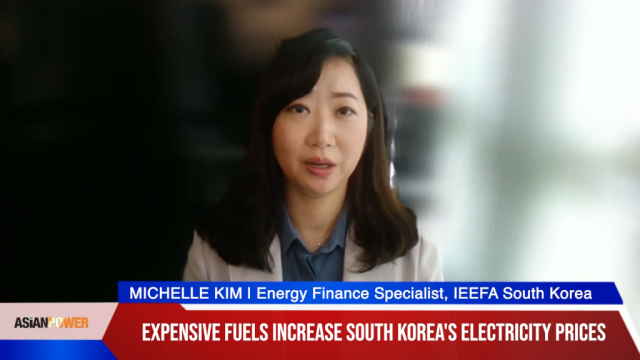Japan's LNG demand plummets amidst energy shift
Japan's transition towards renewable energy contributes to a significant decline in LNG consumption.
Japan, the world's most substantial buyer of liquefied natural gas (LNG), is experiencing a significant drop in demand, potentially decreasing by one-third compared to 2019 levels, to between 25.7 and 31.6 million tonnes per annum.
This shift marks a substantial change in global energy dynamics, attributed to various factors, including an increase in renewable energy use, nuclear power, demographic changes, and market restructuring.
Sam Reynolds, the Asia Research Lead for LNG and Gas at the Energy Economics and Financial Analysis, highlighted that Japan's reduced LNG demand stems primarily from a ramp-up in nuclear generation post-Fukushima and an increase in renewable energy sources such as wind and solar.
He said that this change aligns with Japan's ambition to cut emissions by 46% by 2030, necessitating significant reductions in LNG usage for power generation.
Reynolds pointed out, "Japan is moving towards bringing back online its large fleet of existing reactors and ramping up its renewable energy. This is a part of Japan's strategy to meet its long-term emissions reduction targets."
Furthermore, demographic shifts in Japan are leading to a decrease in energy demand, compounding the decline in LNG consumption. The country is also undergoing a restructuring of its gas and power markets, allowing for increased competition and breaking up the monopolies of major utilities. This restructuring has led to an oversupply situation for Japan's four largest utilities: JERA, Tokyo Electric, Osaka Gas, and Tokyo Gas.
The surplus of LNG and reduced domestic demand have prompted these utilities to look for opportunities abroad, reselling their excess LNG to countries in South and Southeast Asia.
"They're trying to cultivate demand by investing in power plants and city gas distribution companies, developing a market to offload their surplus LNG volumes," Reynolds explained.
However, this outward push by Japanese utilities to resell LNG coincides with a global surge in LNG supply, particularly from the United States and Qatar, leading to a potential oversupply in the market. The resulting dynamics could drive down prices in Asia, impacting the profitability and financial strategy of Japanese utilities in the international market.
Reynolds warned, "As Japanese utilities look to resell their LNG, they face a clear financial risk. The potential oversupply could lower prices, affecting their profit margins on the LNG they are trying to resell."























 Advertise
Advertise







